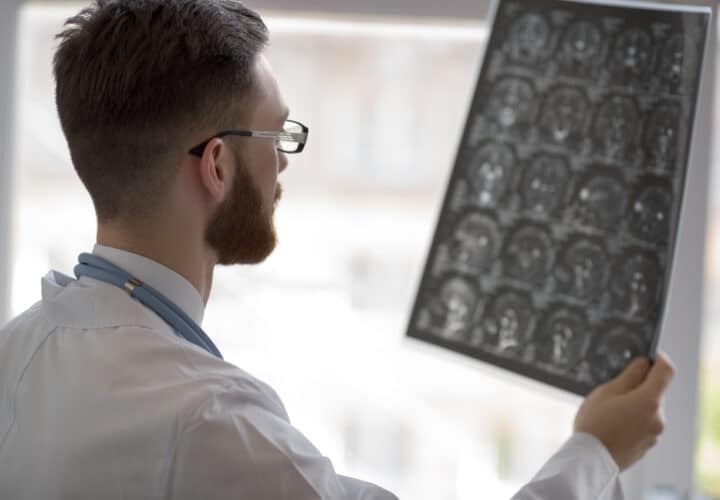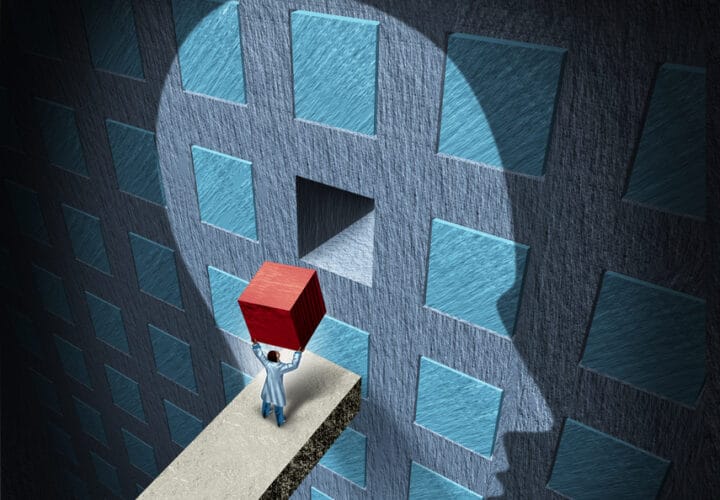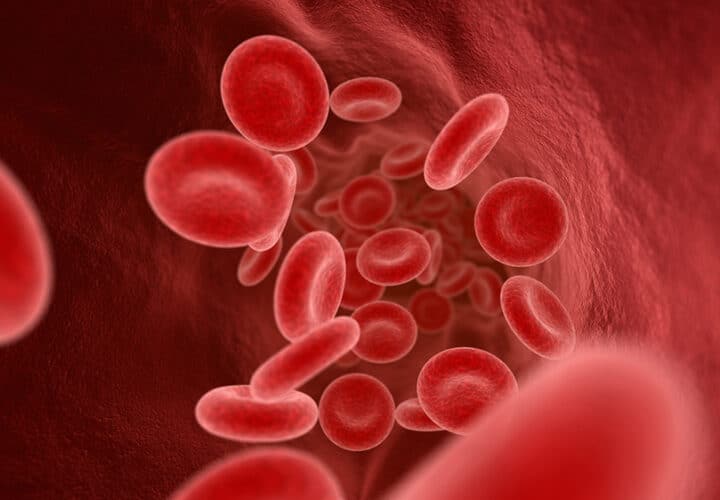Bill Gates announced that he will pledge $30 million to funding a way to detect Alzheimer's in the earliest stages, before symptoms like memory problems show up, according to a blog post on his website.
“Imagine a world where diagnosing Alzheimer’s disease is as simple as getting your blood tested during your annual physical,” Bill Gates wrote in a 2018 pledge to donate $30 million in funding to Alzheimer’s diagnostics.
Gates has partnered with Estée Lauder Cos chairman emeritus Leonard Lauder to launch what they’ve dubbed the Diagnostics Accelerator program. The money is being provided through the Alzheimer’s Drug Discovery Foundation, and will also be supported by philanthropists such as the Dolby family and the Charles and Helen Schwab Foundation.
The incentive for an early test for Alzheimer’s highlights what has long been a problem with the development of drugs that aim to reverse or slow down cognitive decline: They don’t get to the people who need them soon enough, researchers have hypothesized. Symptoms of Alzheimer’s that alert the patient or loved ones to a problem show up years—sometimes decades—after changes in the brain associated with Alzheimer’s have taken place. By then, researchers have speculated, drugs that stop the formation of beta-amyloid and tau tangles, two biomarkers of Alzheimer’s, are too late.
But an early detection test could change that. Some drugs have been shown to slow down or stop the formation of beta-amyloid plaques, the toxic protein that accumulates in the brains of Alzheimer’s patients. But those drugs failed to have an effect on cognitive decline, and researchers point to the advanced state of Alzheimer’s in those they were tested on as a possible reason.
And as Gates points out in his announcement, even getting a definitive diagnosis of Alzheimer’s is difficult, lengthy, invasive and costly—to the tune of thousands of dollars that often come out of the patient’s own pocket. And the diagnosis is not conclusive in most cases. Many have been diagnosed with Alzheimer’s only to find that it was another form of dementia or something else entirely. In fact, a study from 2017 found that a third of Alzheimer’s patients were misdiagnosed.
Plus, if the Diagnostics Accelerator lands on a method that works, the success is two-fold: Gates has said that their share in the financial success of such a project would go right back into the fund for cure.
The announcement comes less than a year after Gates pledged $50 million to Alzheimer’s research and revealed that his father was living with the disease.
“The things I’ve seen over the last seven months make me more hopeful than ever,” wrote Gates in his blog post. “I’m optimistic that we can substantially alter the course of Alzheimer’s if we make progress in several key areas. One of the biggest things we could do right now is develop a reliable, affordable and accessible diagnostic.”
Over the last few years, research into everything from a smell test for Alzheimer’s to a tool that looks deep into the eyes for beta-amyloid plaques has shown promise. Researchers have seen that the way a person walks, speaks or drives might be able to raise the red flag for dementia.
And getting a dementia diagnosis early, even if there is no cure, translates to more time to plan for the treatments that are available, more time for patients to get their affairs in order and be part of that conversation, and money saved in healthcare costs.
“The $30 million investment led by Gates to improve diagnosis will aid efforts [to identify people at high risk of developing dementia], and has the potential to be a gamechanger,” said Alzheimer’s Society Chief Policy and Research Officer Doug Brown.
Researchers interested in applying for funding from the Diagnostics Accelerator program at Alzheimer’s Drug Discovery Foundation can apply here.


